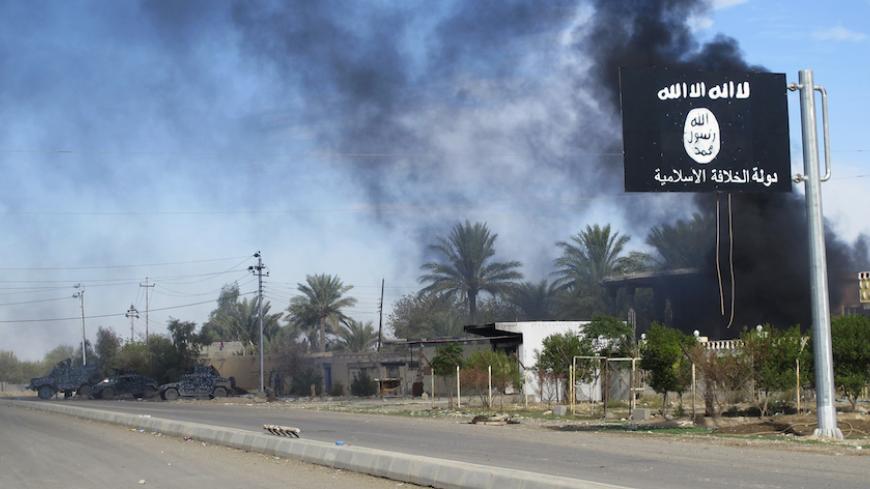The expansion of the Islamic State (IS) has caused serious concerns about the possibility of states in the Middle East collapsing. Yet a careful reading of the situation reveals that IS is in fact gradually strengthening the state's role as the pivotal actor in regional politics. This is significant in three aspects.
First, powerhouses such as Iran, Turkey and Saudi Arabia are gradually acknowledging the necessity of regional cooperation. Of crucial importance, their approach is mainly based on keeping current states and state institutions intact. This is particularly the case in crisis-hit Iraq, Syria and Lebanon.



